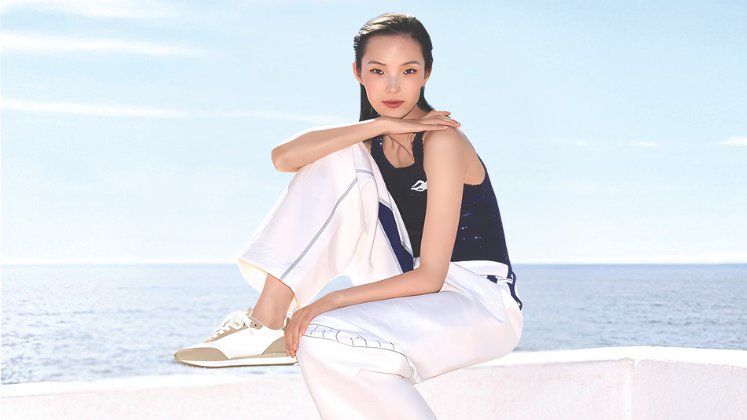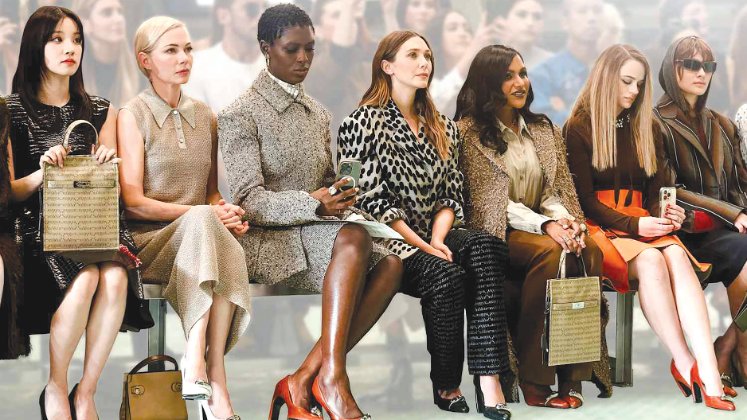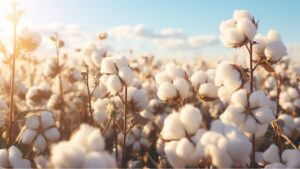Tory Burch, the American fashion brand known for its clean, stylish designs with a touch of boho charm, has built a strong global presence over the years. Its products — from handbags and ready-to-wear to shoes and accessories — are made in some of the world’s most established manufacturing hubs. China handles most of its apparel and bags, Vietnam and India make accessories and Brazil is home to its footwear production. These locations have served the brand well, offering reliable quality, craftsmanship and scale.
However, with rising costs, changing trade dynamics and growing pressure to be more sustainable and transparent, global sourcing is entering a new phase. This is where Bangladesh comes in. It is a country that’s quietly transforming itself into a serious option for brands that want both value and responsibility.
For years, Bangladesh was viewed primarily as a hub for basic, low-cost garments. But that perception is outdated. The country’s RMG industry is steadily increasing its presence in high-value segments like tailored jackets, outerwear, leather goods and fashion accessories. Global brands like Ralph Lauren, Calvin Klein, Hugo Boss and Coach have begun sourcing more design-forward and value-added products from Bangladeshi suppliers, particularly those with upgraded capabilities in tailored, leather and premium segments.
For Tory Burch, which blends luxury with accessibility and is putting increasing focus on sustainability, Bangladesh could be a smart addition to its sourcing mix. The country has become a leader in sustainable manufacturing. It now has the highest number of LEED-certified green factories in the world and is making strong progress in areas like fabric recycling, water conservation and zero-waste cutting. These capabilities align well with Tory Burch’s recent moves, such as the launch of its plant-based Ella Bio Tote. This plant-based leather alternative uses BioFabbrica Bio-Tex™, composed of 64% USDA-certified bio-based soy protein, developed in collaboration with Modern Meadow’s Bio-Alloy™ technology.
On the business side, Bangladesh also offers strong advantages. Costs are still competitive even as quality has improved. Lead times are getting shorter, infrastructure has seen major upgrades and factories are investing in new tech and automation. For a brand trying to reduce risk and spread its production more evenly across regions, Bangladesh offers both a cushion and a long-term opportunity. Tory Burch hasn’t entered the Bangladesh sourcing market yet. But looking ahead, with growing pressure to hit sustainability goals, expand product categories and build a more resilient supply chain, Bangladesh could be the right next step. It is ready and the timing feels right.








